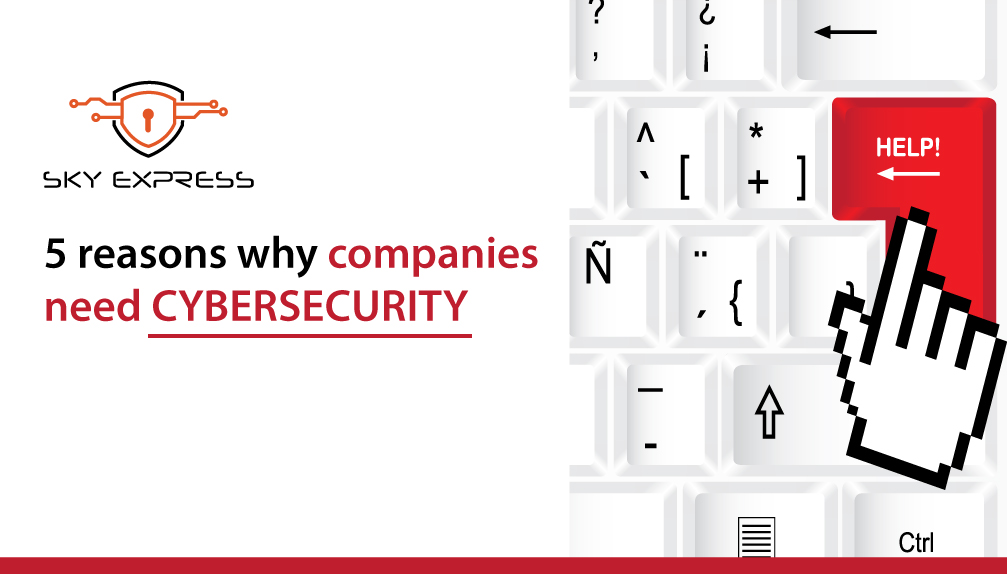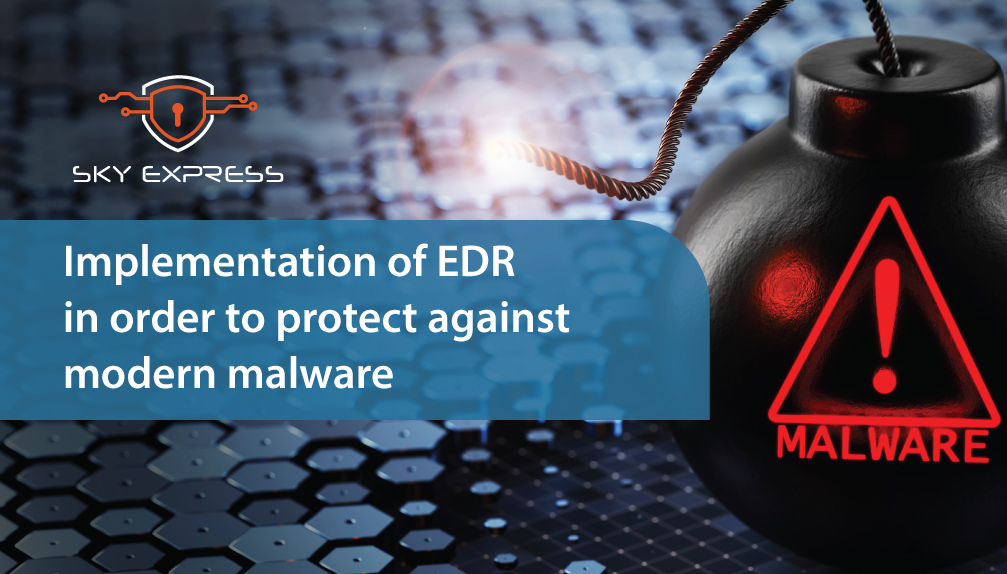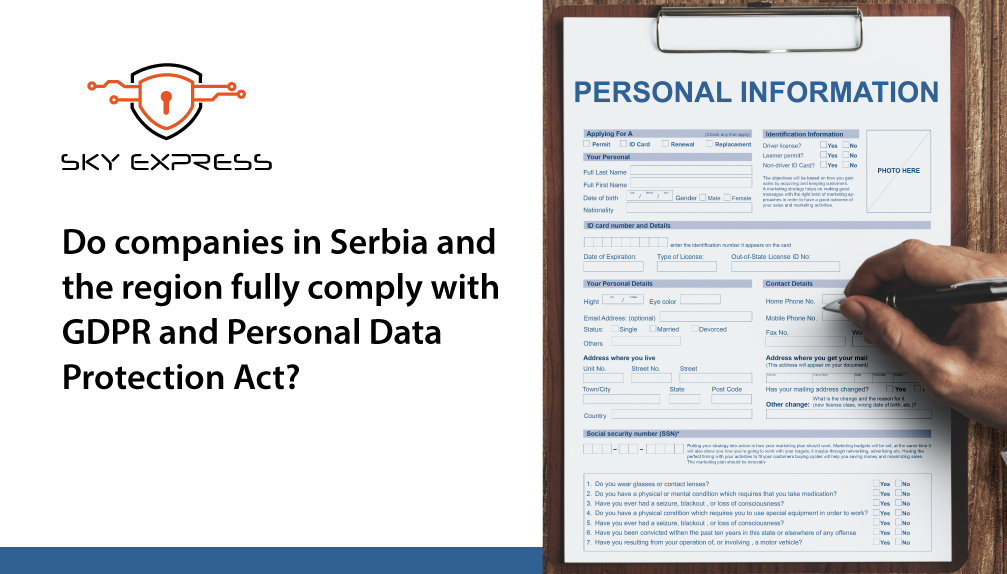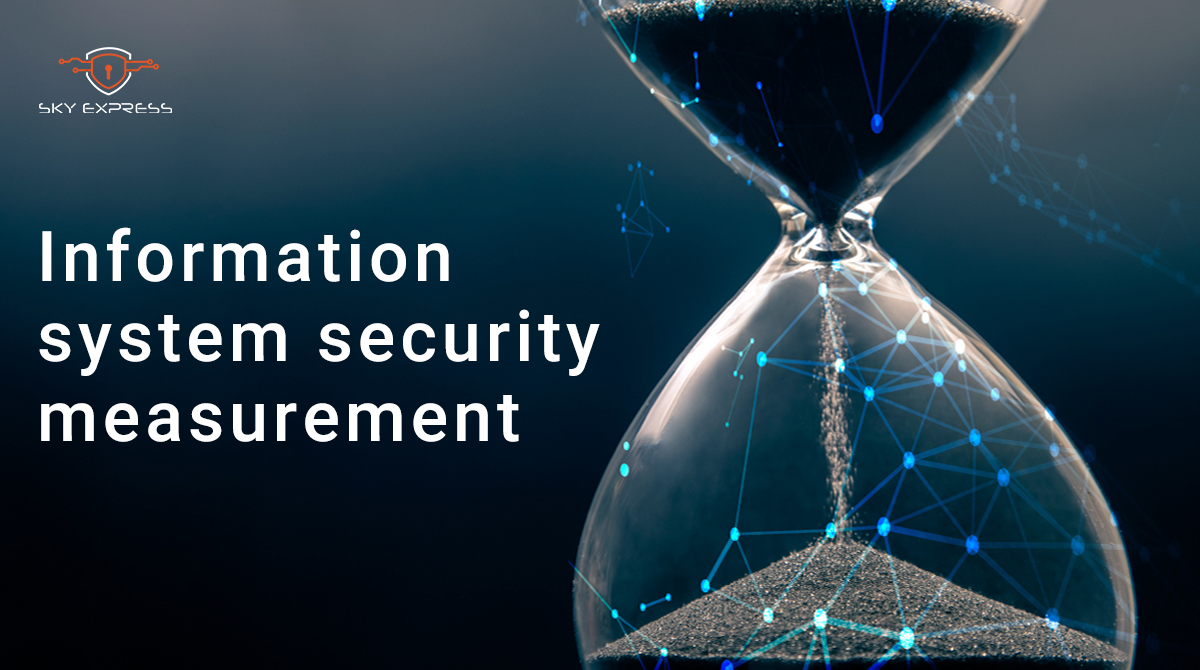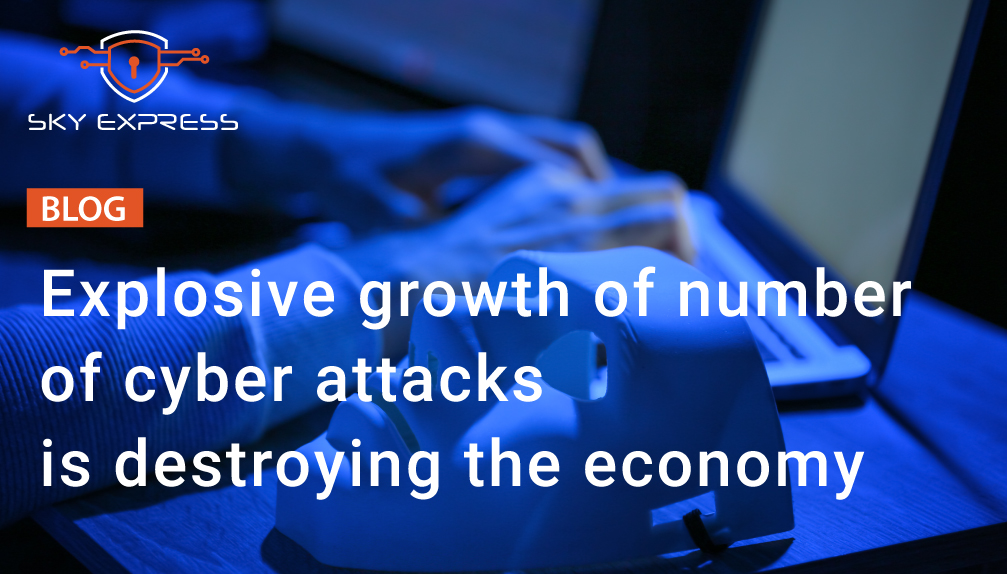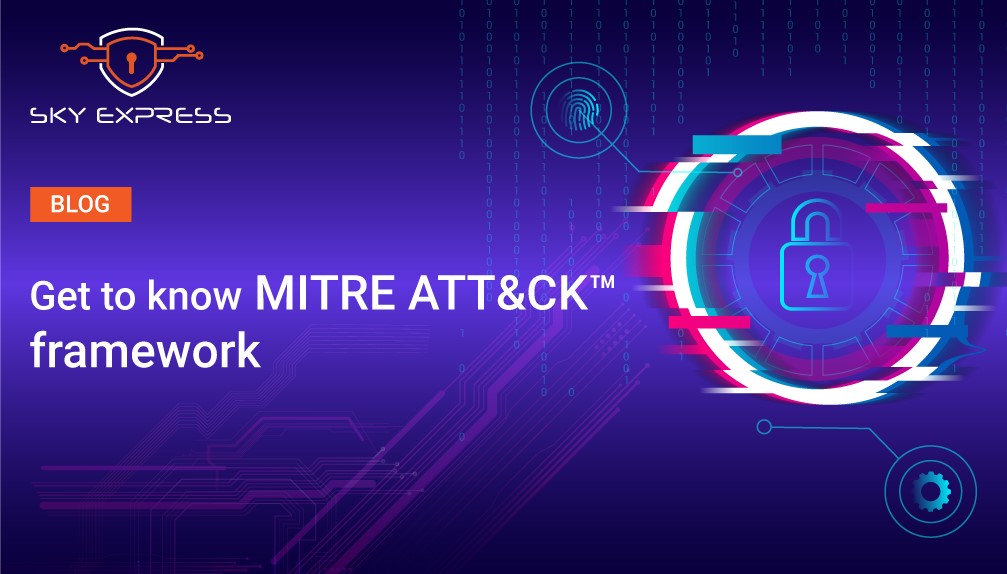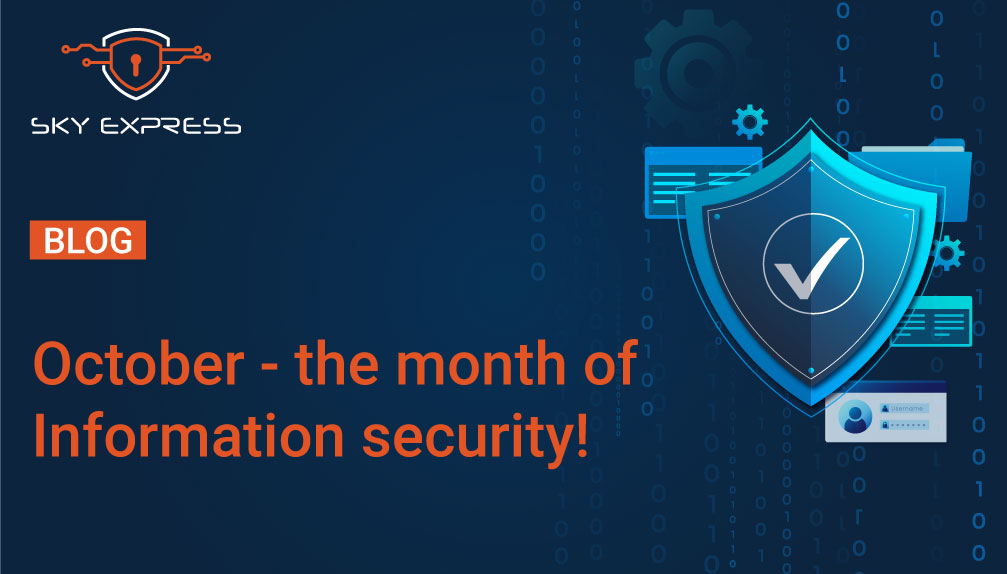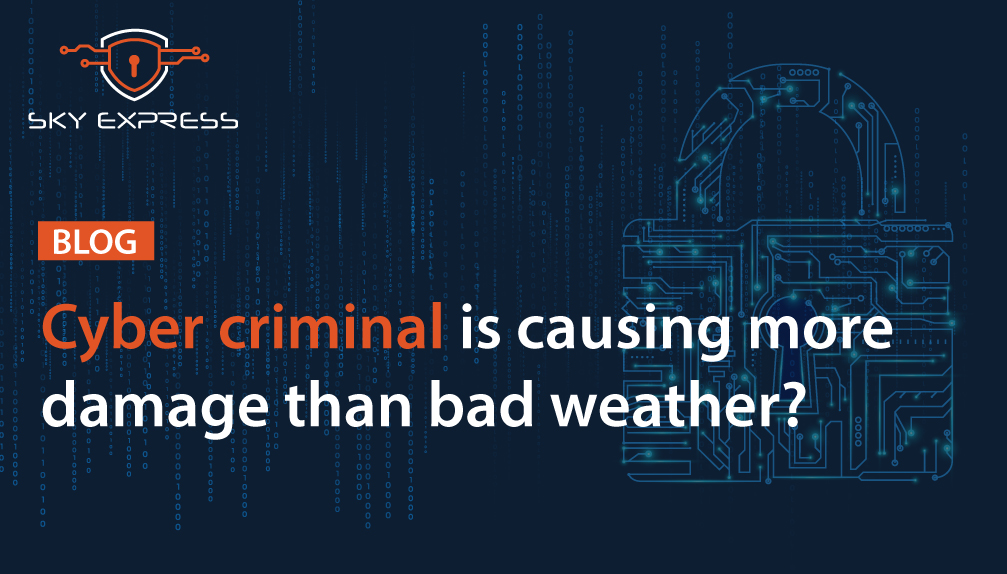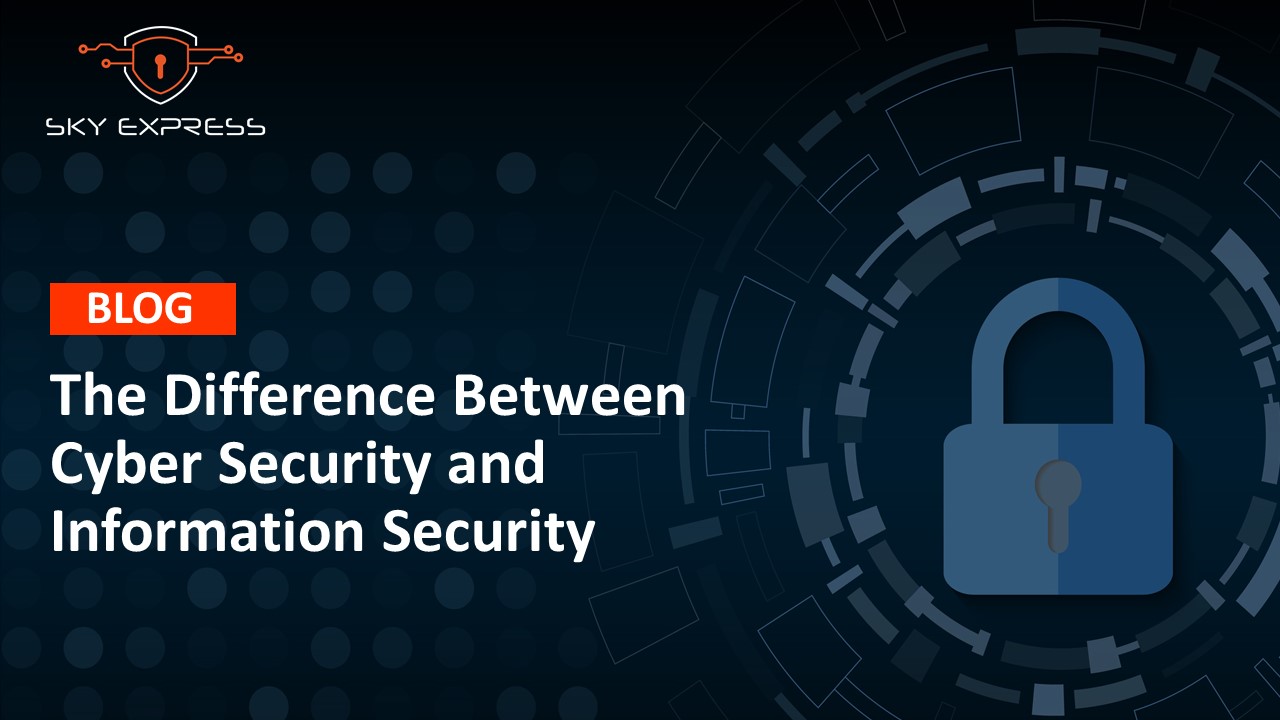Cyber security and insurance

Cyber attacks are on the rise. The gap between the number of attacks and the readiness to respond adequately to attacks is getting bigger on a daily basis. Hackers endeavor to take advantage of security vulnerabilities to steal valuable data, including financial details and sensitive personal information.
For corporations, the impact of these attacks outweighs the financial loss. From public relations problems and a loss of customer confidence to harsh regulatory penalties, a successful cyber attack can paralyze a corporation's business and damage its reputation and profitability for years to come.
Every progress brought risks with it, in addition to the benefits. The digital revolution, as perhaps the biggest event after fire, wheel and electricity, also brings numerous risks, but that in no way means that we must distance ourselves from progress, because by doing so we will SURELY do irreparable damage to business. The only real answer is to create an adequate response to risks, thus creating added value for our business. For the insurance industry, the market opportunity is huge. Information technology risk management is becoming a priority for companies around the world, regardless of size. And given that the global cyber insurance market is expected to reach $ 433.6 billion by 2030, compared to $ 119.9 billion in 2019*, now is the time for action.
*Cyber Security Market to Cross $433.6 Billion Revenue by 2030: P&S Intelligence (prnewswire.com)
The business opportunity is undoubtedly attractive, but it also brings with it certain, not very simple, challenges. First of all, as a relatively new sub-sector, there is little historical data on cyber insurance. The inability to collect and analyze relevant data makes it difficult to exploit the potential of the sector, so in the coming period the exchange of data will be vital.
Assessing the risks and exposure to digital threats is also difficult, as many insurers are burdened by the complexity of pricing cyber insurance products.
It is very important for insurance companies to create a wide range of products designed to suit all types of companies and their available budgets.
The strategy for the development of insurance products intended to address cyber threats must be based on the following four pillars:
ESTABLISHING A RANKING SYSTEM
By proactively and continuously measuring the level of information risk of the client, insurers will be able to reliably assess the potential impact of cyber attacks on the company, before the attack occurs. This indispensable step not only helps to shape the structure and price of cyber insurance products, but also provides clients with precise information on what affects their risk assessment, and indicates the steps that need to be taken to improve their rating. Most cyber security companies have the necessary "know-how" needed to assess information risk, but the process that needs to be undertaken in order to properly perform a risk assessment requires time and human resources, and in practice this is an extremely limiting factor.
By creating a unique risk rating system, which continuously collects, monitors and analyzes the available data that affect the risk assessment, based on established and irrefutable rules, relevant to the client's business area, and with the ability to obtain reports in an extremely short period of time, insurers receive the most important input parameter necessary to create offers.
RAISING AWARENESS
Despite the growing rate of cyber attacks, most potential clients are not aware of the existence of risks, and the possible consequences that the realization of these risks can produce. Clear and targeted educational and information campaigns that focus on cyber risks and risk response strategies help clients become more aware of needs and possible responses.
Establishing local and regional awareness-raising initiatives will be key to raising awareness of cyber risks, as well as adequate responses to perceived risks. Also, it is necessary to educate brokers so that they know exactly what they are selling and which products are most suitable for which type of business. Moreover, standardizing the wording - if the industry can do it - would make it more easier to understand the offer. Consistency and simplicity are key to the success of cyber insurance products.
DATA EXCHANGE
Working together, insurance companies, security companies and legislators must develop a system for collecting and exchanging the data needed to create the appropriate structure, price and placement of cyber insurance as a core part of any company's overall insurance portfolio. Cooperation of insurers with legislators and security companies is crucial, both nationally and globally.
FOCUS
Cyber attacks can affect organizations of all profiles and sizes, as well as individual professionals such as lawyers and doctors who use sensitive personal information on a daily basis. Cyber insurance products for these smaller players are a huge and mostly untapped market. Once viewed as two completely separate branches of industry, sometimes opposing each other, the sectors of cyber security and cyber insurance are getting closer.
This is already creating interesting opportunities for both sides, and there will undoubtedly be convergence in the future be even more intense.
Recent Posts
About Us

Sky Express is an exclusive distributor of advanced cybersecurity solutions and services in the field of information security, covering SEE market.
Sky Express offers a very selective range of complemental, compatibile.
Learn more



